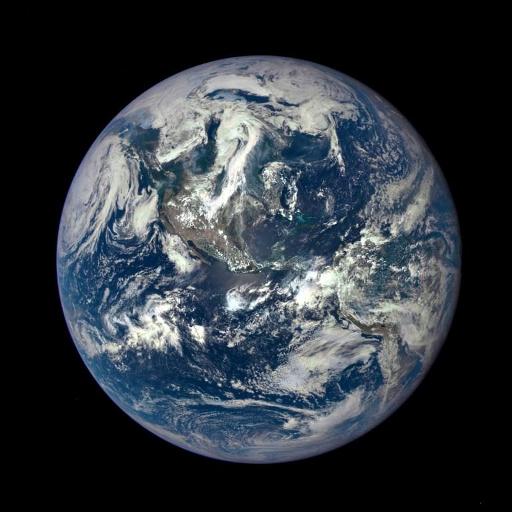Humanity will have exhausted all the natural resources that our planet can produce in a year, by this Saturday 22 August, according to calculations by the Global Footprint Network.
This year, the “Earth overshoot day” - referring to when humanity's demand on nature exceeds what Earth's ecosystems can renew in a year - takes place three weeks later than in 2019 due to worldwide confinement measures taken to curb the coronavirus pandemic.
Forest felling decreased by 8.4% and worldwide CO2 emissions by 14.5% compared to the previous year.
The overall ecological footprint decreased by 9.3% in 2020 compared to 2019. A "historic" decline yet "clearly insufficient to guarantee a sustainable future," environmental organisation WWF says.
This ecological overshoot began in the early 1970s, based on the Global Footprint Network's data. Since then, the ecological deficit has continued to worsen year by year. Today humanity consumes world ecological resources as if it had 1.6 planet Earth’s at its disposal. In particular with regard to overfishing, forest over-exploitation and CO2 emissions.
"The recent health crisis has shown that political decisions and individual behaviour can have a profound impact," the environmental organisation points out. But to be sustainable, "this change must be the outcome of a common will and not the consequence of a disaster," WWF stresses.
"Climate change and the loss of biodiversity will have a greater impact than the recent months disturbances," WWF warns. However, "the consequences will also be more gradual, which gives us time to prepare."
The organization advocates for climate and sustainability to be at the heart of the economic and social recovery. "We could then be more resistant to shocks in the energy market and less dependent on imports."
The Brussels Times

